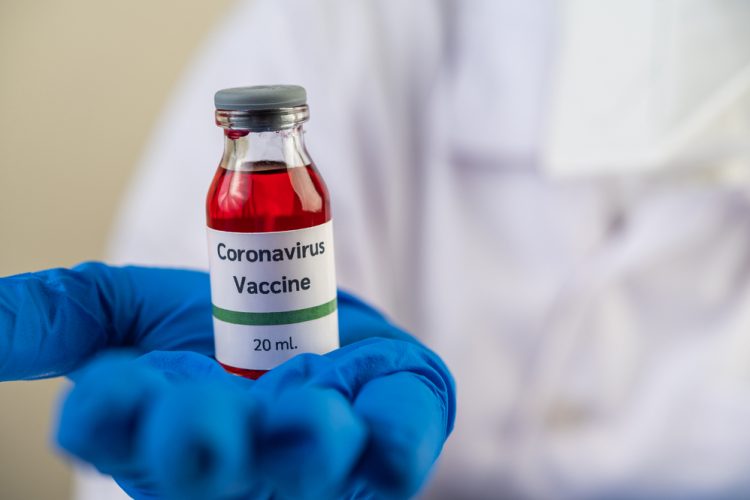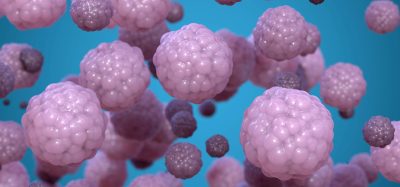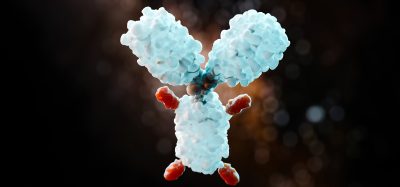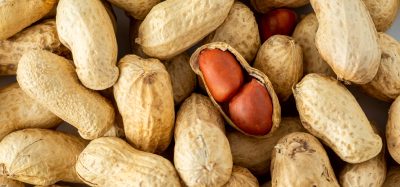Researchers develop promising MERS vaccine, with potential for COVID-19
Posted: 11 May 2020 | Victoria Rees (Drug Target Review) | No comments yet
A MERS vaccine, which uses RNA-based adjuvants, has demonstrated efficacy in non-human primates and is now being developed as a prophylactic for COVID-19.


A Korean research team has developed a new vaccine platform using RNA-based adjuvants for the Middle East respiratory syndrome (MERS) coronavirus (MERS-CoV), which showed promise in non-human primates. The scientists say the vaccine will soon be applicable to the development of a SARS-CoV-2 vaccine, another coronavirus causing the COVID-19 pandemic.
The Korea Institute of Science and Technology (KIST) team and collaborators used RNA as an immunostimulatory agent and consists of compounds that maintain the stability of the RNA, along with the coronavirus Spike (S) protein that the virus uses to invade the host cell.
According to the researchers, many recent protein-based vaccines have been developed as they are regarded as having a high level of safety. However, protein-based vaccines induce a weak immune response in antibody-producing cells. This requires the use of a highly stable adjuvant for a more balanced immune response.
The team mixed the RNA of the cricket paralysis virus, an adjuvant developed by a team from the Catholic University of Korea (CUK) and an RNA stabiliser containing zinc complex, developed by the KIST research team. A vaccine was created using the mixture, along with the S protein of the MERS-CoV and administered to a group of mice. After just one inoculation, the vaccine was shown to have 100 percent protective efficacy against lethal doses of the virus. The MERS-CoV infection was also suppressed through the induction of high neutralising antibodies when the same vaccine was administered to macaque monkeys.
The researcher were provided the coronavirus S protein by Dr Song Man-ki’s team at the International Vaccine Institute. For the study, Professor Lee Sang-myeong’s research team at Chonbuk National University measured the neutralising-antibody values and conducted a virus challenge experiment, while Dr Hong Jung-joo’s team at the National Primate Research Center investigated the immunity of non-human primates such as monkeys.
Dr Keum Gyo-chang from KIST said: “This RNA adjuvant formulated protein vaccine, which has shown efficacy against the MERS virus, has the advantage of rapid application to the development of a vaccine for COVID-19, which is caused by the same type of virus that causes MERS.”
Professor Nam Jae-Hwan from CUK further explained: “The DNA- or RNA-based vaccines that have recently been reported, have not previously been produced as vaccine products and have not gone through large-scale clinical trials. In contrast, the protein based vaccine is mainly used as a vaccine platform. In this study, we added RNA as adjuvant to protein vaccine whose safety has already been proven. We expect that this new vaccine platform will enable the development of a safe vaccine.”
Currently, the CUK research team is developing a COVID-19 vaccine and has formed a consortium with SK Bioscience, to manage this development.
The study was published in Angewandte Chemie.
Related topics
Biopharmaceuticals, Drug Development, Immunology, Research & Development, RNAs, Vaccine
Related conditions
Coronavirus, Covid-19, Middle East Respiratory Syndrome (MERS)
Related organisations
Catholic University of Korea (CUK), Chonbuk National University, International Vaccine Institute, Korea Institute of Science and Technology (KIST), National Primate Research Center, SK Bioscience
Related people
Dr Hong Jung-joo, Dr Keum Gyo-chang, Dr Song Man-ki, Professor Nam Jae-Hwan








